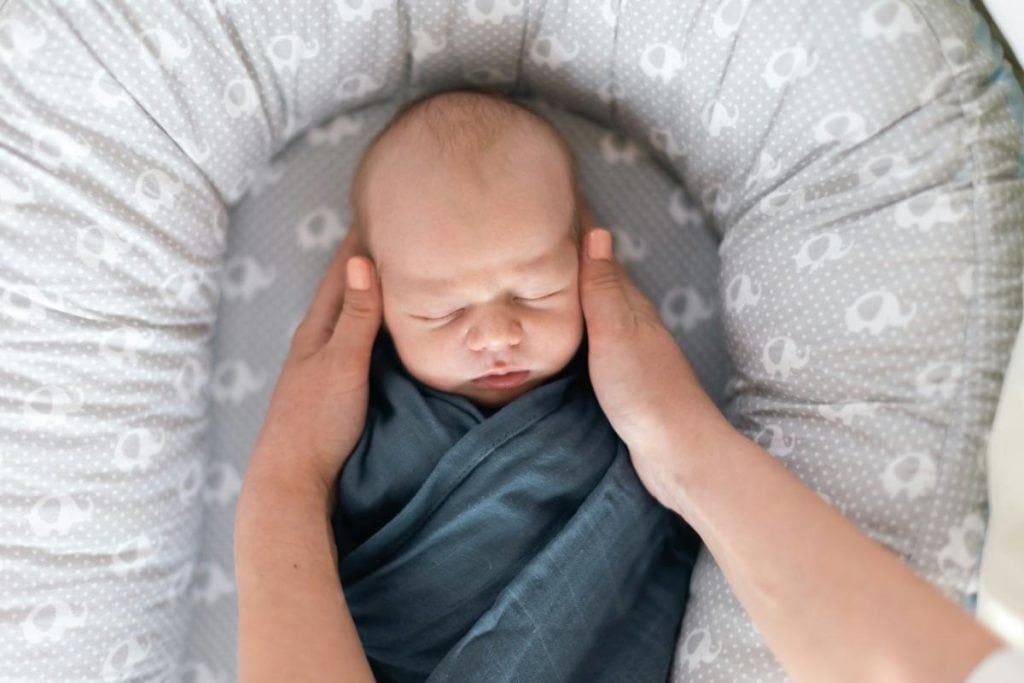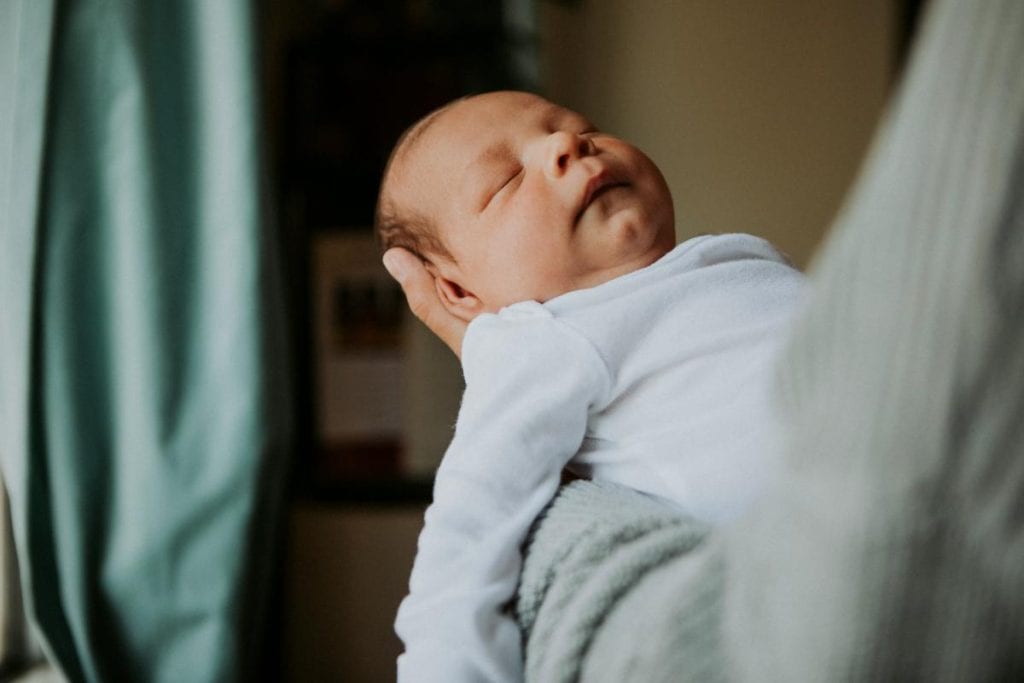
Your newborn infant is the greatest gift in the world! Your baby is a bundle of joy, an inspiration, and the love of your life. Baby is a blessing. But your little one is probably on a different sleep schedule than you.
And it can take quite some getting used to – any parent will attest to that. Today, we will explore some of the best bedtime tips for a baby and explain why your 1 month old sleep schedule may be a little off-kilter.
First, go easy on yourself – it’s not your fault that the baby doesn’t sleep through the night, especially during the first couple of weeks. A newborn’s sleep pattern is perfectly imperfect. It’s disorganized at best but manageable if you follow a flexible set of guidelines.
Babies don’t come with manuals since each one has unique requirements. The good news is that newborns up to one month of age tend to sleep between 14 and 17 hours per day over a 24-hour cycle. That means your baby gets plenty of rest, and so can you.
But here’s the kicker: The baby’s sleep sessions occur over shorter spells throughout the day. Sometimes, your baby will nap for 10 to 20 minutes, up to 2 hours. It all depends. The baby typically stays awake between half an hour and 90 minutes. At the same time, there are no hard and fast rules. You can expect the little one to rest most of the day. Ideally, a baby should nap 6 – 7 times during a cycle. During the night, the baby feeds every couple of hours, and they sleep an average of 9 to 12 hours.

Top Bedtime Tips for Your Baby
You know what works best for your baby as a parent or a caregiver. Here are ten trusted bedtime tips for babies. They will ensure safety and comfort, helping the baby and the parents establish a healthy sleep routine.
Consistent Bedtime Routines
Establish a bedtime routine. It’s a good idea for everyone. It tells your baby it’s time to wind down for the day. For example, lullabies, bedtime stories, bathing, or relaxing routines will work wonders.
Comfortable Sleep Environment
Your baby’s sleep environment should always be calm, quiet, and dimly lit. Try to keep the room temperature between 68°F and 72°F at night. This provides a comfortable atmosphere for restful sleep.
Quiet Feedings at Night
When you feed your baby at night, do so calmly. Keep the lights dim and the noise level low. This helps your baby to associate nighttime with peace and tranquility.
Swaddle your Baby
Newborns feel secure when you swaddle them. Believe it or not, it mimics the coziness of mama’s womb. It can also prevent the startle reflex, which is common in babies. It helps them to sleep more soundly.
Watch for Sleep Cues
Pay careful attention to your baby’s sleep cues. These include rubbing their eyes, fussing, or yawning. Put your baby to bed at the first signs of tiredness. This can prevent irritability, often making it harder for babies to fall asleep.
Reduce Stimulation before Bedtime
Keep things calm before bedtime. Getting overexcited makes it much more difficult to fall asleep. Dim the lights, lower the volume, and focus on relaxation.
Promote Daytime Napping
Some folks believe that if you keep the baby up during the day, the baby will sleep better at night. Promoting daytime napping is better because it encourages easier sleep at night.
Stay Patient and Flexible
Remember, your baby may have a different sleep pattern from other babies of similar age. Each baby is different. Sleep habits can change rapidly. This is particularly true during growth spurts and developmental milestones. Be patient and adapt your approach to your baby’s needs.
White Noise or Soft Sounds
Some parents find background noise incredibly disruptive for newborn babies. You may want to try white noise or soft sounds to muffle household noises. Continuous sounds like gently falling rain, animals in the forest, ocean waves, a stream flowing, or classical music can help your baby relax and fall asleep.
These are some of the best bedtime tips for a baby. Remember, your baby is unique, and part of the fun is finding what works best for your needs.
